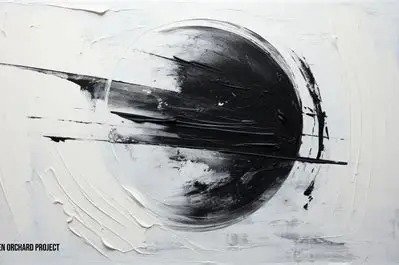Beyond Theodicy: Late extensions of Tzimtzum: a Hassidic Response to Radical Evil
This paper examines the theology of Rabbi Menachem Mendel Schneerson, the seventh Lubavitcher Rebbe's teachings on divine concealment (hester panim) and redemption (geulah), as a viable framework for post-Holocaust theology.
Through comparative analysis with his Chabad predecessors, other Hasidic and kabbalistic masters including Jonathan Eybeschutz and Moses Chaim Luzzatto (Ramchal), prominent post-Holocaust theologians, and contemporary clinical-theological applications, this study argues that the Rebbe's radical reconceptualization of divine presence within absence offers a compelling theological response to radical evil.
The paper concludes by integrating these insights of clinical-theological model of tzimtzum into the therapeutic space, wherein divine contraction becomes a paradigm for healing presence in contemporary healthcare settings.

